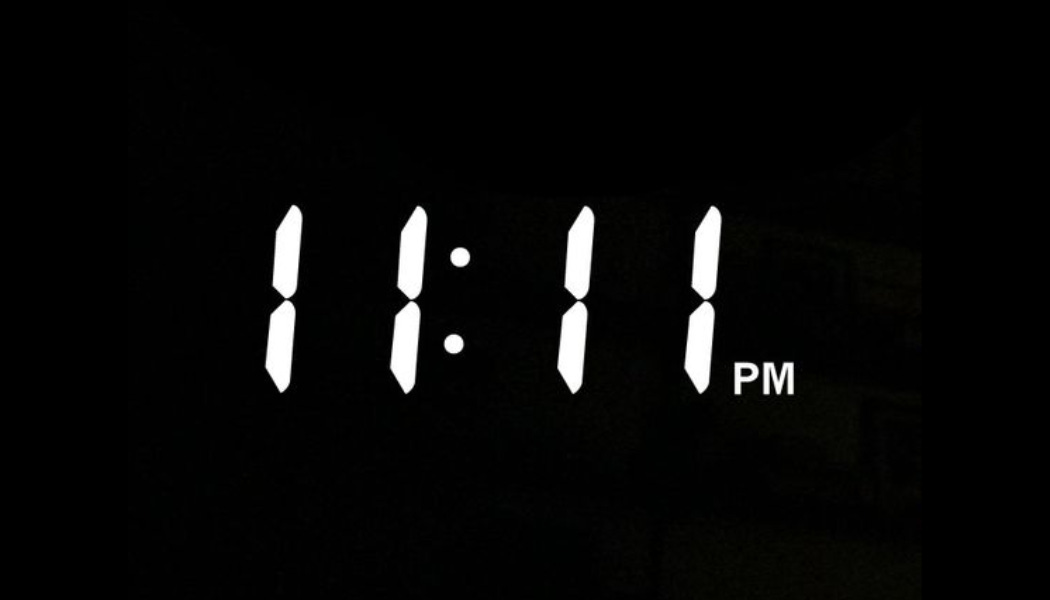Hello Beautiful People. I’ve been obsessing over my book’s launch on May 7th (and literally following some of my own exercises to chill the eff out). For some reason, my brain decided long ago that it is selfish and rude to wish for success, which definitely clashes with my burning desire to help as many people as possible with my book.
Working through (and, more importantly, with) those contradictory feelings has me rethinking my philosophy on wishes.
Since I was a kid, I’ve been holding my breath in tunnels, wishing on the first star I see, and blowing out birthday candles with upmost seriousness. Any time I notice the clock strike 11:11, I alert whoever I’m with because that’s wish time, baby. I never say my wishes out loud, of course. Because if you say your wish out loud it won’t come true, right?
My recent trip to Tokyo opened my eyes to an alternative: What if we say our wishes out loud … all the time?
Walking around the massive, bustling, but somehow incredibly organized city of Tokyo presented opportunity after opportunity to publicly make a wish.
Wish-making is literally built into the city.
Temples and shrines — wish headquarters — are everywhere. They are meant to be accessible so stopping by can be part of your regular routine. We saw an itty-bitty shrine nestled between two office buildings where a man with a windbreaker and a briefcase rang the gigantic bell, bowed twice, then clapped twice. This is the traditional way of getting the attention of the kami, or gods, before making your wish. After stating your wish, it’s customary to bow one last time to seal the deal.

While exploring a park with an empty sumo wrestling ring, we came across a shrine where clusters of ema click-clacked in the wind. Ema are these five-sided pieces of wood people write wishes on to hang where gods can read them. Some of the ema were covered in markings, as if someone was trying to fit as much on the wood as possible. But others were short and sweet. My very favorite one was obviously written by a kid, who wished that his friend would do well on his exams.

Fun fact: Before the invention of the ema, people were expected to bring A HORSE to shrines in exchange for a wish. This was problematic for many reasons: you had to have an extra horse and also no one wants to step in horse poop in a sacred space or literally anywhere at all. But someone put their thinking cap on and suggested using wood cut-outs of horses instead of real life humungous animals. The idea stuck and eventually the shape of the wood cut-out evolved from a horse with a head and four legs to the five-sided sort of house shaped ema we see today!
At the tippy top of one of the world’s tallest towers, Tokyo Skytree, Anna and I exchanged a few coins for bright orange ribbons to write our wishes on. The ribbons were to be tied on a rack already covered in a rainbow of hundreds of other wishes.
The decision of what to write nearly broke my brain. It felt like maybe I had developed a wish hairball — too big to digest, too uncomfortable to cough up. Success, money, security, clarity, health, happiness, love, my cat living forever … This wish was going to be ON DISPLAY. I could NOT mess this up.

Overthinking might actually be the opposite of wishing.
I mean, isn’t the most essential part of wishing (or praying or manifesting, whatever you want to call it) trusting that there’s something out there bigger than you? That you can let go of some of the responsibility? If you wish only within yourself, isn’t that just … a thought?
But announcing your wish to the universe or a big scary guy with a beard or the magic of Tokyo means you’re inviting outside help. It’s, in a way, admitting that you might not be able to do everything all on your own, which for those of us with a Capricorn moon (me) can be deeply scary. Because if the universe hears you, your friends and family or random people on the internet could hear you, and that would be so embarrassing.
I’m not sure if it’s social media or a basic human trait, but it feels like we are discouraged to talk openly about wishes until they’ve already come true. My feeds are stuffed to the gills with videos about post-wish life — the happily ever afters, if you will.
“Here’s how I went from $255k in debt to retiring at 36.”
”I lost 87 lbs by eating cheesecake.”
”I quit my shitty deskjob to start my six figure business.”
Etc, etc.
What videos like that don’t show is that whenever a wish comes true, another wish comes bubbling up, even if the wish is to freeze time to ensure the success/money/life doesn’t go away.
But Tokyo seems to understand that fickleness of human nature.
You can torture yourself about what to write on your Skytree ribbon (“Is world peace even a thing?”), and be ringing the gods’ massive doorbell at a shrine ten minutes later.
Over the course of the trip, we started voicing our wishes no matter the location. “My wish for today is a steamed red bean bun,” I’d say. And when I found one at a 7-11 a few blocks from our Air BnB, the whole little group celebrated. We wished for vegan sushi and long walks, cheap skincare, a pair of slippers for dad. Every time a wish came true (in a city full of sushi restaurants, clean sidewalks, mall-sized skincare stores, and the tradition that slippers are household items and therefore widely available), we turned to each other wide-eyed.






